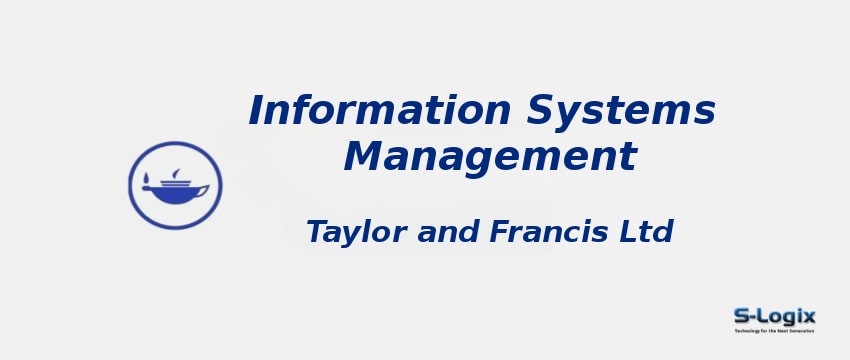Journal Home: Journal Homepage
Editor-in-Chief: Janice Sipior
Print ISSN: 1058-0530
Electronic ISSN: 1934-8703
Abstracting and Indexing: Science Citation Index Expanded, Scopus.
Imapct Factor 2024: 3.0
Subject Area and Category: Computer Sciences, Library and Information Science.
Publication Frequency: Quarterly
H Index: 72
Q1: Computer Science Applications
Q2:
Q3:
Q4:
Cite Score: 12.4
SNIP: 1.981
Journal Rank(SJR): 1.352
Latest Articles: Latest Articles in Information Systems Management
Guidelines for Authors: Information Systems Management Author Guidelines
Paper Submissions: Paper Submissions in Information Systems Management
Publisher: Taylor and Francis Ltd
Country: United States
